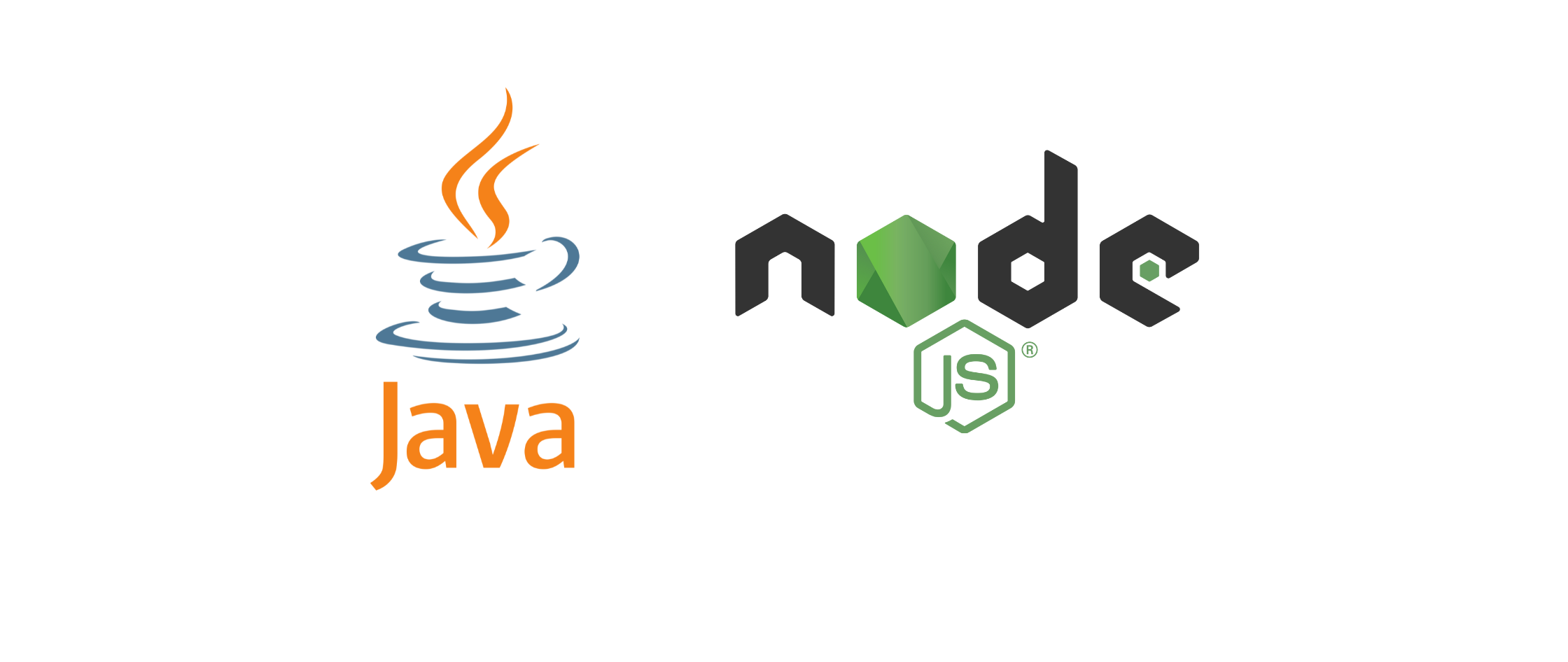
When it comes to selecting a backend framework for your project, the choice between Node.js and Java can significantly influence your application’s scalability, performance, and long-term success. As a software company dedicated to delivering solutions tailored to business needs, we understand that no single technology fits every scenario. Instead, we help businesses make informed decisions based on their specific requirements, goals, and growth trajectories.
Understanding Node.js and Java
Node.js
Definition: Node.js is a JavaScript runtime built on Chrome’s V8 engine. It is known for its non-blocking, event-driven architecture, making it ideal for handling asynchronous operations.
Strengths: High performance for real-time applications, lightweight, and highly scalable.
Use Cases: Best suited for projects requiring quick data exchange, such as chat applications, real-time collaboration tools, and APIs for SPAs (Single Page Applications).
Java
Definition: Java is a mature, object-oriented programming language with a robust ecosystem and decades of use in enterprise applications.
Strengths: Platform independence, excellent performance for multithreaded applications, and extensive libraries for enterprise-grade solutions.
Use Cases: Ideal for applications requiring heavy computation, complex business logic, or high security, such as banking systems, e-commerce platforms, and ERP systems.
Comparing Node.js and Java
1. Performance and Scalability
Node.js: Its asynchronous, non-blocking nature makes it a strong contender for real-time applications with high I/O demands. Node.js is highly scalable due to its event-driven model.
Java: With multithreading and JVM (Java Virtual Machine) optimization, Java delivers exceptional performance for CPU-intensive tasks. It’s better suited for scaling applications requiring consistent and heavy computation.
2. Development Speed and Flexibility
Node.js: The simplicity of JavaScript and the availability of a vast package ecosystem (via npm) enable faster development cycles. This is perfect for startups and businesses prioritizing time-to-market.
Java: Although development may take longer due to its verbosity and complexity, Java offers unparalleled stability and maintainability, making it a preferred choice for long-term projects.
3. Ecosystem and Libraries
Node.js: With its npm registry, Node.js provides a rich set of libraries and modules for rapid development. However, not all packages are enterprise-grade.
Java: Boasting an extensive, battle-tested ecosystem, Java provides enterprise-ready frameworks such as Spring and Hibernate, ensuring reliability and scalability.
4. Community and Support
Node.js: Backed by a dynamic, growing community, Node.js enjoys robust support for modern, innovative solutions.
Java: With decades of enterprise use, Java benefits from a mature community, extensive documentation, and established best practices.
How We Help You Decide
At TechBootstrap, we prioritize aligning technology choices with your business goals. Here’s how we approach this critical decision:
1. Requirement Analysis
We assess your project’s functional needs, user base, expected traffic, and data processing requirements.
2. Future Growth Considerations
For businesses planning rapid scaling or real-time functionality, Node.js might be the better fit. For applications demanding stability, heavy computation, or high security, Java often becomes the preferred choice.
3. Cost and Time-to-Market
Node.js allows for faster development, which is advantageous for startups and businesses seeking a quick launch.
Java, while requiring more development time, ensures long-term stability and lower maintenance costs.
4. Integration and Legacy Systems
Java is often ideal for enterprises with existing legacy systems due to its compatibility and proven enterprise capabilities.
Node.js works seamlessly with modern tech stacks, especially those using JavaScript on the front end.
Our Expertise in Both Frameworks
Whether it’s Node.js or Java, our team excels in crafting backend solutions that drive business success. With expertise in:
Building scalable APIs and microservices.
Developing secure, enterprise-grade applications.
Ensuring seamless integration with front-end technologies and third-party services.
Final Thoughts
The choice between Node.js and Java boils down to your specific project needs and business goals. Node.js shines in scenarios requiring real-time data handling and rapid development, while Java is the go-to for complex, enterprise-grade applications.
At TechBootstrap, we’re here to guide you through the decision-making process, ensuring you select the backend framework that positions your business for growth and success. Contact us today to discuss your project and let’s build the future together.